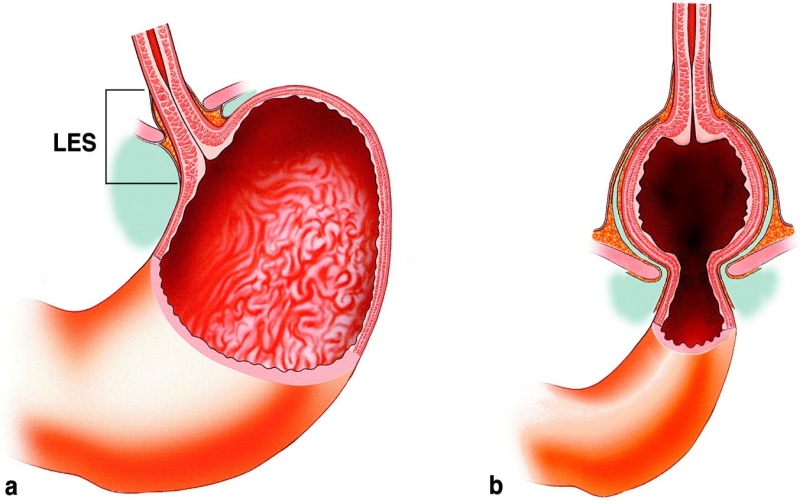Gastroesophageal reflux disease (GERD) is a prevalent condition that affects millions of people worldwide, impacting the quality of life for those who experience its symptoms. Often misunderstood or dismissed as occasional heartburn, GERD can lead to severe complications if left untreated. This article guides understanding GERD symptoms, recognizing its potential consequences, and exploring effective management strategies to safeguard gastrointestinal health.
Unmasking GERD: Understanding the Symptoms:
GERD is characterized by the chronic reflux of stomach acid into the esophagus, causing a range of symptoms. While heartburn is a common manifestation, other symptoms include regurgitation, chest pain, difficulty swallowing, and a persistent cough. Recognizing these symptoms is crucial for an accurate diagnosis and timely intervention.
The Hidden Dangers of Untreated GERD:
Beyond the discomfort of heartburn, untreated GERD can lead to more severe complications. Chronic exposure to stomach acid can result in esophageal inflammation, ulcers, and strictures. In some cases, it may contribute to the development of Barrett’s esophagus—a precancerous condition that increases the risk of esophageal cancer.
Diagnostic Measures: Seeking Professional Evaluation:
If GERD symptoms persist or worsen, seeking professional evaluation is essential. Gastroenterologists employ various diagnostic measures, including endoscopy, pH monitoring, and imaging studies, to assess the severity of GERD and its potential impact on the esophagus.
Lifestyle Modifications: Building a Foundation for Gastrointestinal Health:
Lifestyle modifications play a pivotal role in managing GERD symptoms. Simple changes such as maintaining a healthy weight, avoiding large meals before bedtime, and elevating the head of the bed can alleviate symptoms. Identifying trigger foods and adopting dietary adjustments, such as reducing acidic and spicy foods, can relieve symptoms.
Pharmacological Interventions: Balancing Acid Production:
Medications that reduce acid production or neutralize stomach acid are commonly prescribed to manage GERD symptoms. Proton pump inhibitors (PPIs) and H2 blockers are among the pharmacological interventions that provide relief by addressing the underlying cause of acid reflux.
Surgical Options: Reinforcing the Gastroesophageal Junction:
In cases where lifestyle modifications and medications prove insufficient, surgical interventions may be considered. Fundoplication, a surgical procedure that strengthens the lower esophageal sphincter, is designed to prevent acid reflux and improve symptoms. Surgical options are typically reserved for individuals with severe or refractory GERD.
Holistic Approaches: Integrating Complementary Therapies:
Holistic approaches, including dietary modifications and stress reduction techniques, can complement conventional GERD management. Mindful eating, relaxation exercises, and herbal remedies may offer additional support in alleviating symptoms and promoting gastrointestinal health.
Regular Monitoring: Upholding Long-Term Gastrointestinal Wellness:
GERD is often a chronic condition that requires ongoing management. Regular monitoring by healthcare professionals ensures that treatment plans are adjusted as needed and any potential complications are addressed promptly. Patient education on long-term lifestyle strategies is crucial for maintaining gastrointestinal wellness.
Conclusion:
Guardians of gastrointestinal health recognize the importance of understanding, recognizing, and managing GERD symptoms. From lifestyle modifications and pharmacological interventions to surgical options and holistic approaches, a multifaceted strategy is critical to safeguarding the esophagus and promoting long-term well-being. By prioritizing early detection, seeking professional evaluation, and adopting a comprehensive approach to GERD management, individuals can navigate the path to gastrointestinal health and enjoy an improved quality of life.

